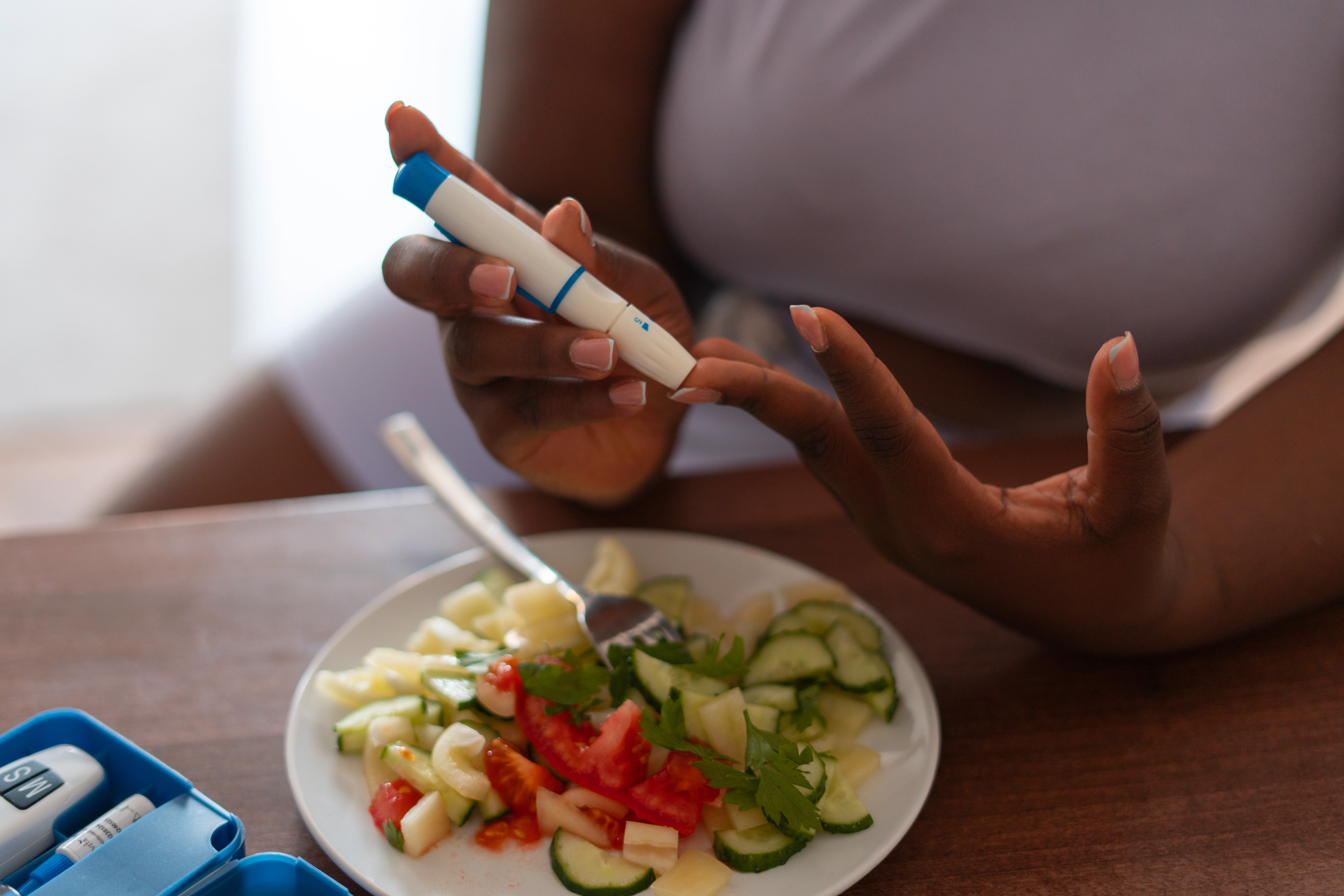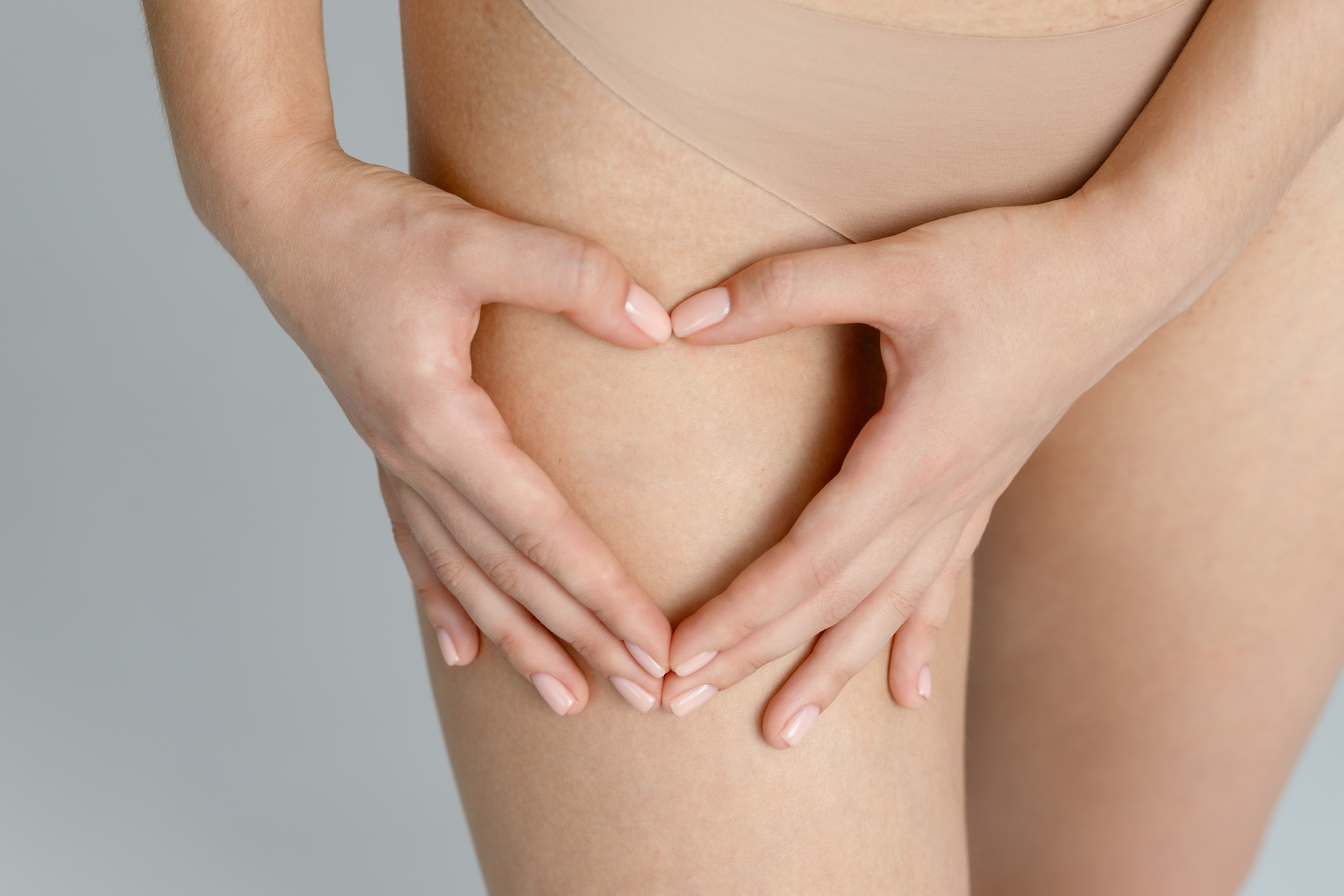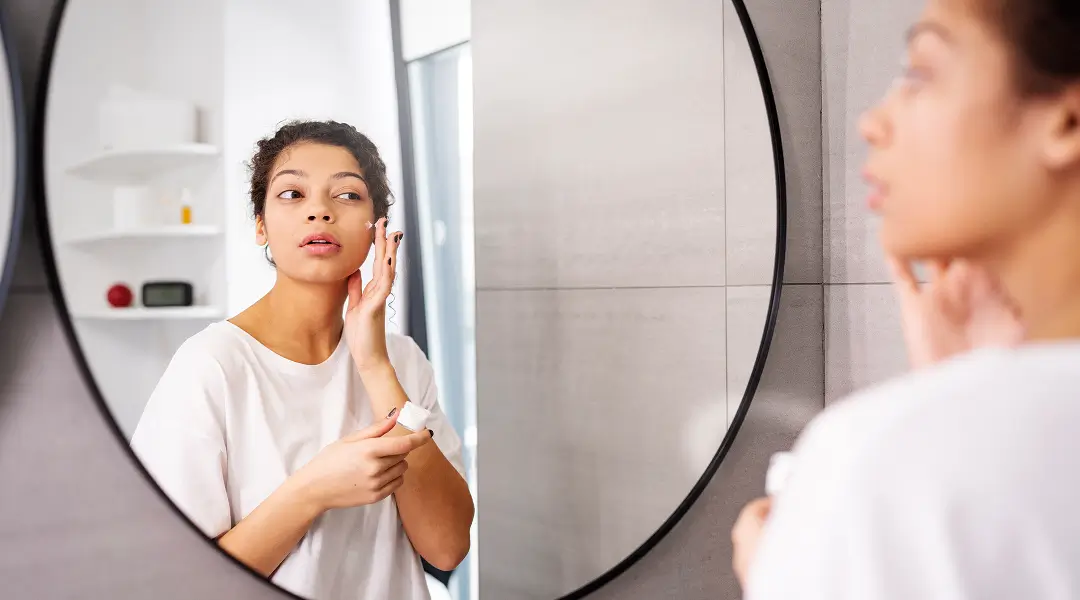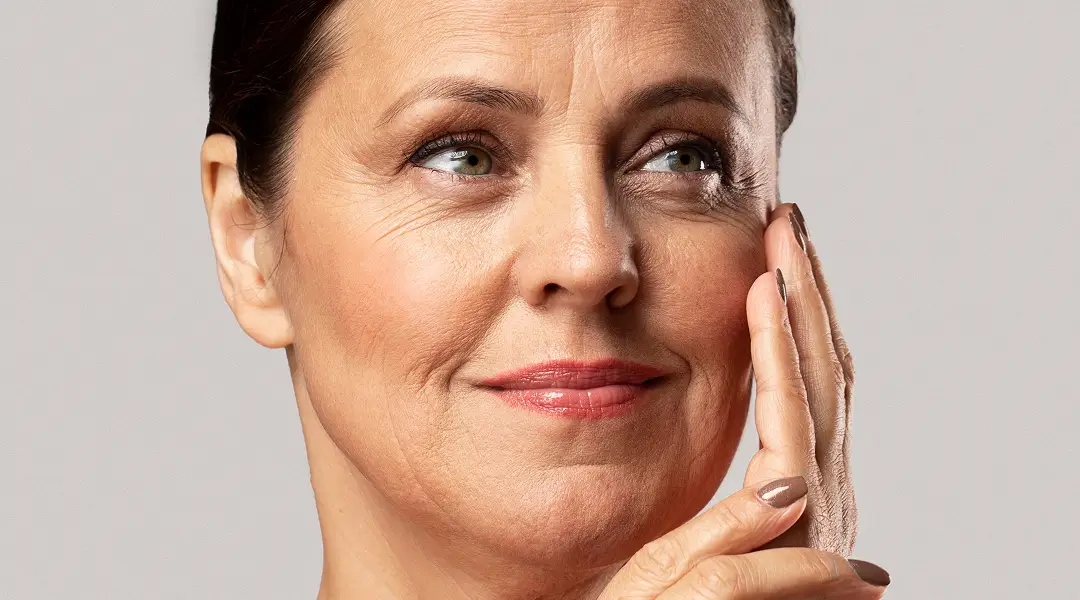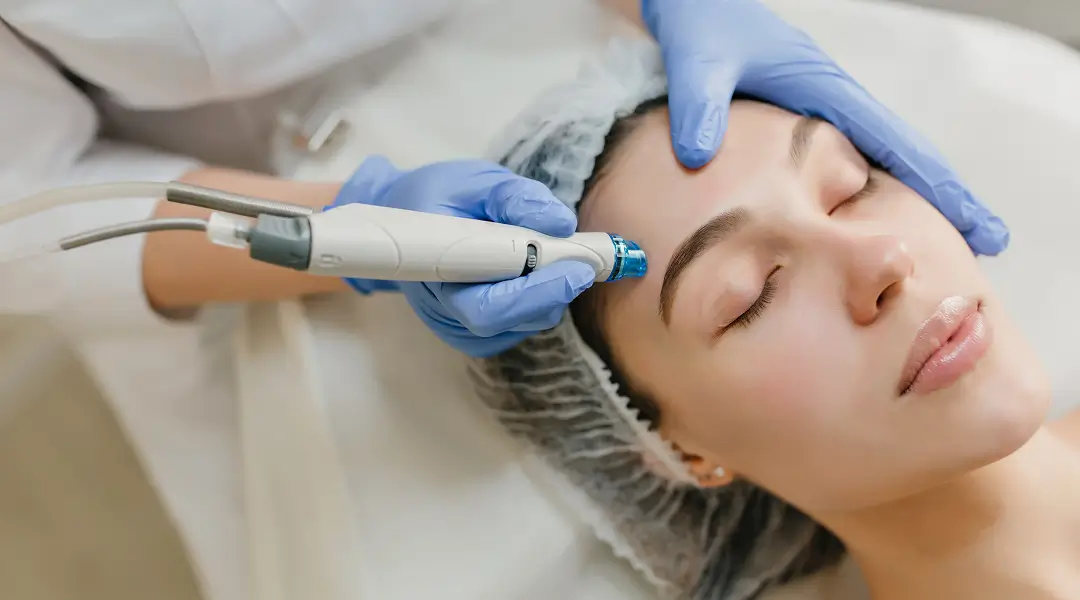Living with diabetes demands awareness not only of high blood sugar levels, but also of the potentially dangerous condition known as low blood sugar, or hypoglycemia. In fast-paced cities like Mumbai, where hectic schedules often lead to skipped meals or irregular lifestyles, understanding and managing hypoglycemia is more important than ever.
This blog breaks down the causes, symptoms, risk factors, and management strategies for low blood sugar, while also guiding you toward the best diabetes treatment options in Mumbai.
Understanding Low Blood Sugar (Hypoglycemia)
Low blood sugar, or hypoglycemia, occurs when the glucose levels in your blood drop below 70 mg/dL. While this condition is most commonly associated with diabetes, especially those on insulin or certain medications, non-diabetics can experience it as well.
Glucose is the brain’s primary fuel. When its supply runs low, the body sends out distress signals. If not addressed quickly, hypoglycemia can lead to confusion, unconsciousness, or even seizures.
Common Causes of Low Blood Sugar
Several factors can trigger blood sugar to fall below normal. These include:
1. Excess Insulin or Diabetes Medication
Many people with Type 1 or Type 2 diabetes rely on insulin or sulfonylureas. However, if dosage isn’t carefully managed, blood sugar can drop too low, especially after meals or physical activity.
2. Skipping or Delaying Meals
In Mumbai’s busy lifestyle, meals are often skipped or delayed. This can lead to blood sugar drops, particularly if you're taking medication that lowers blood sugar.
3. Over-exercising Without Proper Nutrition
Physical activity burns glucose. Exercising intensely without adjusting food intake can cause hypoglycemia, especially for those with diabetes.
4. Alcohol Consumption
Alcohol interferes with the liver’s ability to release stored glucose, often leading to delayed hypoglycemia, especially if consumed on an empty stomach.
5. Certain Medications
Non-diabetic individuals taking quinine, beta-blockers, or other medications may experience low blood sugar as a side effect.
Early Symptoms of Low Blood Sugar
Identifying the early signs of hypoglycemia can help you take timely action. Symptoms include:
- Shakiness or trembling
- Sweating
- Rapid heartbeat
- Irritability or anxiety
- Hunger
- Blurred vision
- Dizziness or lightheadedness
- Confusion or difficulty concentrating
If untreated, severe hypoglycemia can lead to:
- Seizures
- Loss of consciousness
- Coma
Key Risk Factors for Hypoglycemia
Understanding risk factors can help you take preventive steps. The most common include:
- Diabetes (Type 1 and Type 2)
- Intensive insulin therapy
- Irregular eating habits
- Excessive physical activity
- Heavy alcohol intake
- Poor medication timing or dosage
- Underlying hormonal or liver conditions
Managing Low Blood Sugar in Real-Time
When symptoms strike, prompt action is crucial. Follow the 15-15 Rule:
-
Consume 15 grams of fast-acting carbohydrates, like:
- ½ cup of fruit juice
- 1 tablespoon of honey or sugar
- Glucose tablets
- Wait 15 minutes and recheck blood sugar.
- If still low, repeat the cycle.
In cases of severe hypoglycemia, where the person is unconscious, a glucagon injection may be needed. Always seek emergency medical help in such cases.
Preventing Hypoglycemia: What You Can Do
Preventing low blood sugar is all about awareness and planning. Here are practical strategies:
1. Eat Regular Meals and Snacks
Don’t skip meals. Keep healthy snacks on hand, especially when on the go in Mumbai’s traffic or long work hours.
2. Monitor Blood Sugar Regularly
Use a glucometer or Continuous Glucose Monitor (CGM) to keep track of your levels, especially before and after meals or workouts.
3. Adjust Medication Under Expert Guidance
Consult your doctor if you're experiencing frequent lows. Personalized diabetes care ensures your medication and insulin doses are right for your lifestyle.
4. Avoid Drinking Alcohol on an Empty Stomach
Alcohol should be consumed in moderation and always paired with food.
5. Manage Stress and Sleep
Poor sleep and high stress can destabilize blood sugar levels. Prioritize mental and physical rest.
Modern Diabetes Treatment in Mumbai
Mumbai offers a wide array of modern, clinically approved diabetes treatments, tailored for various conditions including hypoglycemia risk. A few of the most trusted options include:
- Personalized diabetes management plans
- Holistic lifestyle modification programs
- Non-invasive blood glucose monitoring technologies
- Dietitian-supervised meal plans
- Regular HbA1c screenings and advanced diagnostics
- Access to expert endocrinologists and diabetologists
Why Early Detection & Professional Consultation Matters
Diabetes isn’t a one-size-fits-all condition. Managing low blood sugar effectively requires guidance from expert diabetes specialists who understand local lifestyle challenges, genetic predispositions, and cultural dietary patterns.
Self-treatment or ignoring symptoms can lead to life-threatening complications. That’s why proactive care and personalized diabetes treatment plans are essential for long-term health.
Frequently Asked Questions (FAQs)
1. Can non-diabetics experience low blood sugar?
Yes. People without diabetes may develop reactive or fasting hypoglycemia due to diet, stress, or medications.
2. What foods help raise blood sugar quickly?
Simple carbs like glucose tablets, fruit juice, sugar, or candy are effective in emergencies.
3. How do I know if my medication is causing hypoglycemia?
Watch for recurring symptoms and consult your doctor to reassess your treatment plan.
4. What is the best way to prevent low blood sugar in diabetes?
Stick to a structured meal schedule, monitor your glucose levels regularly, and consult your diabetes specialist for personalized advice.
5. When should I see a doctor for low blood sugar?
If episodes become frequent, severe, or unexplained, seek medical attention immediately.
Personalized Diabetes Treatment at Angel Health & Aesthetic Clinic
If you're concerned about low blood sugar, don’t wait for a crisis. At Angel Health & Aesthetic Clinic, under the guidance of Dr. Purnima Mhatre, you’ll receive holistic, evidence-based diabetes treatment tailored to your individual needs.
With years of experience treating complex diabetes cases in Mumbai, Dr. Mhatre combines modern diagnostic tools, nutrition counseling, medication management, and lifestyle support to help patients achieve balanced blood sugar levels safely and effectively.
Whether you’re managing diabetes or trying to prevent future complications, trust Angel Health & Aesthetic Clinic to guide you with compassion, precision, and expertise. Book a consultation today and get started on a safe, personalized plan to prevent and manage low blood sugar effectively.
